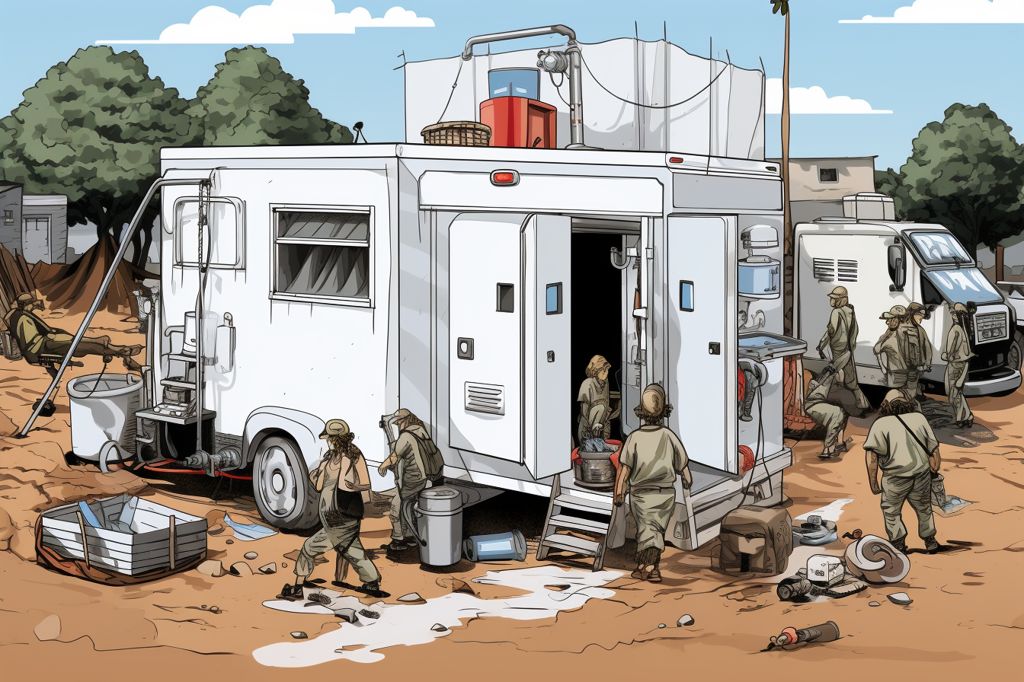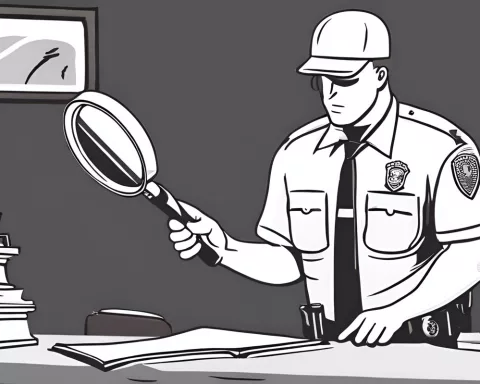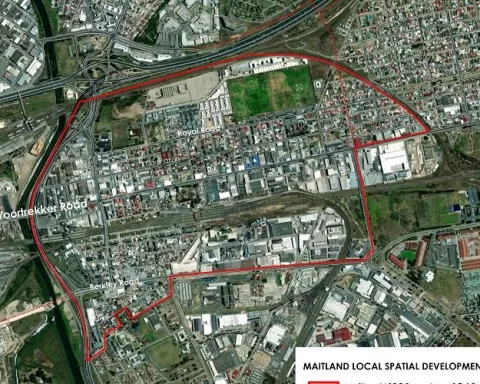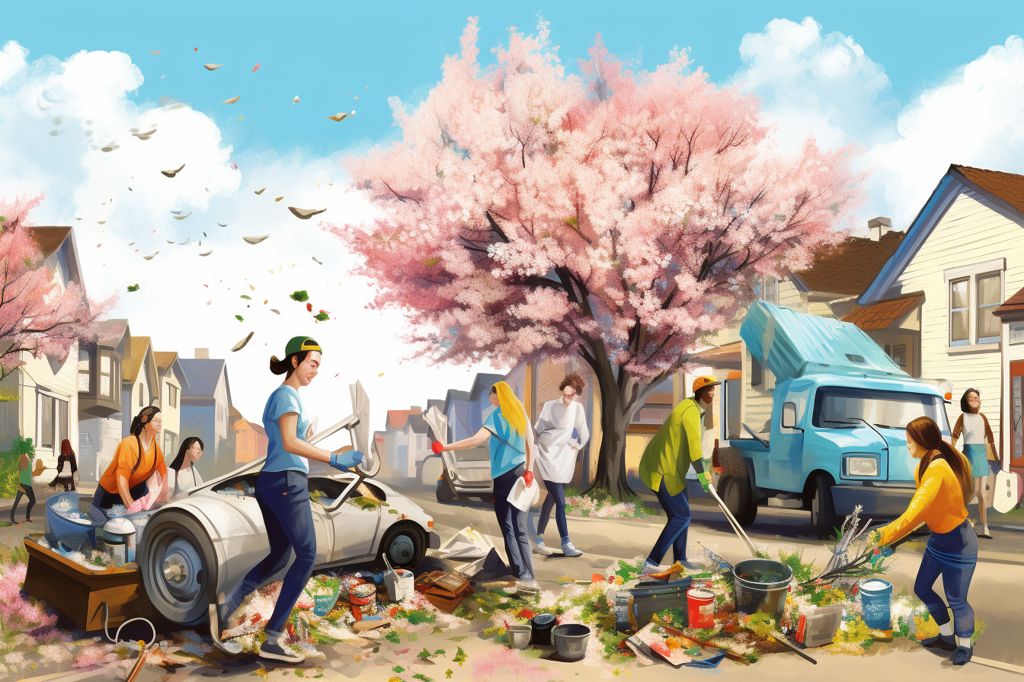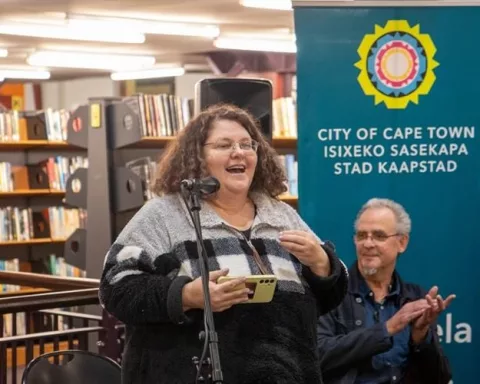The City of Cape Town, in collaboration with the Water Research Commission (WRC), is leading the way in introducing climate-resistant sanitation units. These units are versatile and can be used in a variety of settings, including disaster relief and marginalized communities that lack conventional infrastructure. They promise efficient water recycling and minimal energy consumption, making them a sustainable solution to sanitation challenges.
The Need for Sustainable and Dignified Solutions
Cape Town allocates over R300 million annually to maintain various sanitation facilities, including chemical toilets, container-based toilets, portable flush toilets, and conservancy tanks in informal settlements. Recognizing the need for sustainable and dignified solutions, the city has secured grant funding from the Bill & Melinda Gates Foundation (BMGF) to pilot the deployment of ‘Community Reinvented Toilets’ in up to five densely populated settlements within the city.
Community Engagement
To ensure meaningful engagement with affected residents, a portion of the grant will be allocated to appoint service providers. A comprehensive community engagement plan will also be developed, adaptable to accommodate feedback from all stakeholders. Community support is a crucial element for the project’s success.
The Pilot Phase and Long-Term Implementation
The core objective of this venture is to launch a pilot phase and subsequently scale up the implementation of these trailblazing sanitation technologies. The project will showcase technologies endorsed by the WRC’s approved innovation platform (SASTEP) or the City’s Water and Sanitation Directorate. The long-term plan is to incorporate these technologies into informal settlement development.
The WRC’s Approved Innovation Platform
SASTEP aims to stimulate local manufacturing and employment opportunities while maintaining quality standards by fostering technologies that assist local government in building a sustainable and resilient society. The signing of the Grant Agreement between the City of Cape Town and the BMGF, as well as the Memorandum of Agreement with the WRC, marks a significant milestone in the City’s Integrated Development Plan (IDP) objective of providing access to dignified basic services for all.
This innovative sanitation solution has the potential to transform the quality of life for around 18.6% of households presently living in informal settlements in the city. As the project progresses, it could serve as a model for sustainable sanitation solutions globally. Councillor Zahid Badroodien, the City’s mayoral committee member for water and sanitation, praised the project and the partnerships involved, stating, “This project illustrates how collective action can propel us towards a more equitable and sustainable future for all.”

